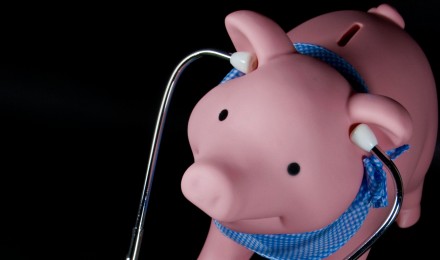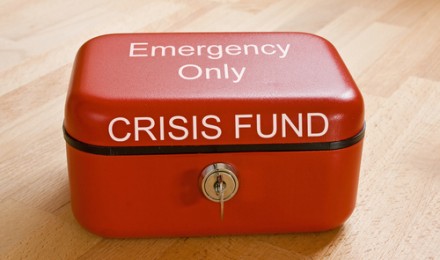The only way to protect yourself from being taken advantage of is to educate yourself on what is out there. There are many new scams popping up all the time, so going solely on what has happened in the past will not always work. As FINRA puts it:
We’ve all heard the timeless warning “If it sounds too good to be true, it probably is.” It’s great advice, but the trick is figuring out when “good” becomes “too good.” And if you have a good salesperson—or worse, a dishonest one—it gets really hard.
Sometimes what ends up happening is a really good investment opportunity comes along, but because it is so good people pass and miss out on a great wealth accumulation strategy. But more often what ends up happening is that people turn a blind eye to the warnings while greed takes over. In the end they learn a hard lesson on spotting scams. If you are wondering whether or not a potential investment you are getting involved in is a scam, take 10 minutes to complete the FINRA Scam Meter. If too many warnings pop up, you might want to investigate further before committing any money to the investment.
The questionnaire is only 4 questions long. It is quick to complete, and at the end you will get information on why FINRA is warning you against the investment. Unlike other advice out there that just says to avoid unsolicited emails (we have all been promised an inheritance from a Nigerian prince), it goes deeper and tells about some of the tactics used by these sleazy salespeople.
For instance, many people belong to, or at least attend regularly, a church. These places of worship are supposed to be a sanctuary where evil is not present. Scam artists only see them as an opportunity, and will make themselves a regular fixture, gaining the trust of their unsuspecting victims. After they have earned the trust, they will strike. Most people would not think twice about committing money to an investment offered by someone they know, attend church with, and share the same beliefs with. In the end, it is all a part of an elaborate plot to steal money from their “friends.”
FINRA has great resources, such as the Scam Meter, that are easy to use and helpful for every investor. People can take just a few minutes out of their day to analyze the investment being offered to them, and make an educated decision as to whether or not it is a good opportunity, or too good an opportunity. In the end, it takes a lot of perception to spot these scams before they happen. If you think you are the target of securities fraud, report it at the SEC Whistleblowers site before any more people become victims.
The only way to protect yourself from being taken advantage of is to educate yourself on what is out there. There are many new scams popping up all the time, so going solely on what has happened in the past will not always work. As FINRA puts it:
We’ve all heard the timeless warning “If it sounds too good to be true, it probably is.” It’s great advice, but the trick is figuring out when “good” becomes “too good.” And if you have a good salesperson—or worse, a dishonest one—it gets really hard.
Sometimes what ends up happening is a really good investment opportunity comes along, but because it is so good people pass and miss out on a great wealth accumulation strategy. But more often what ends up happening is that people turn a blind eye to the warnings while greed takes over. In the end they learn a hard lesson on spotting scams. If you are wondering whether or not a potential investment you are getting involved in is a scam, take 10 minutes to complete the FINRA Scam Meter. If too many warnings pop up, you might want to investigate further before committing any money to the investment.
The questionnaire is only 4 questions long. It is quick to complete, and at the end you will get information on why FINRA is warning you against the investment. Unlike other advice out there that just says to avoid unsolicited emails (we have all been promised an inheritance from a Nigerian prince), it goes deeper and tells about some of the tactics used by these sleazy salespeople.
For instance, many people belong to, or at least attend regularly, a church. These places of worship are supposed to be a sanctuary where evil is not present. Scam artists only see them as an opportunity, and will make themselves a regular fixture, gaining the trust of their unsuspecting victims. After they have earned the trust, they will strike. Most people would not think twice about committing money to an investment offered by someone they know, attend church with, and share the same beliefs with. In the end, it is all a part of an elaborate plot to steal money from their “friends.”
FINRA has great resources, such as the Scam Meter, that are easy to use and helpful for every investor. People can take just a few minutes out of their day to analyze the investment being offered to them, and make an educated decision as to whether or not it is a good opportunity, or too good an opportunity. In the end, it takes a lot of perception to spot these scams before they happen. If you think you are the target of securities fraud, report it at the SEC Whistleblowers site before any more people become victims.







